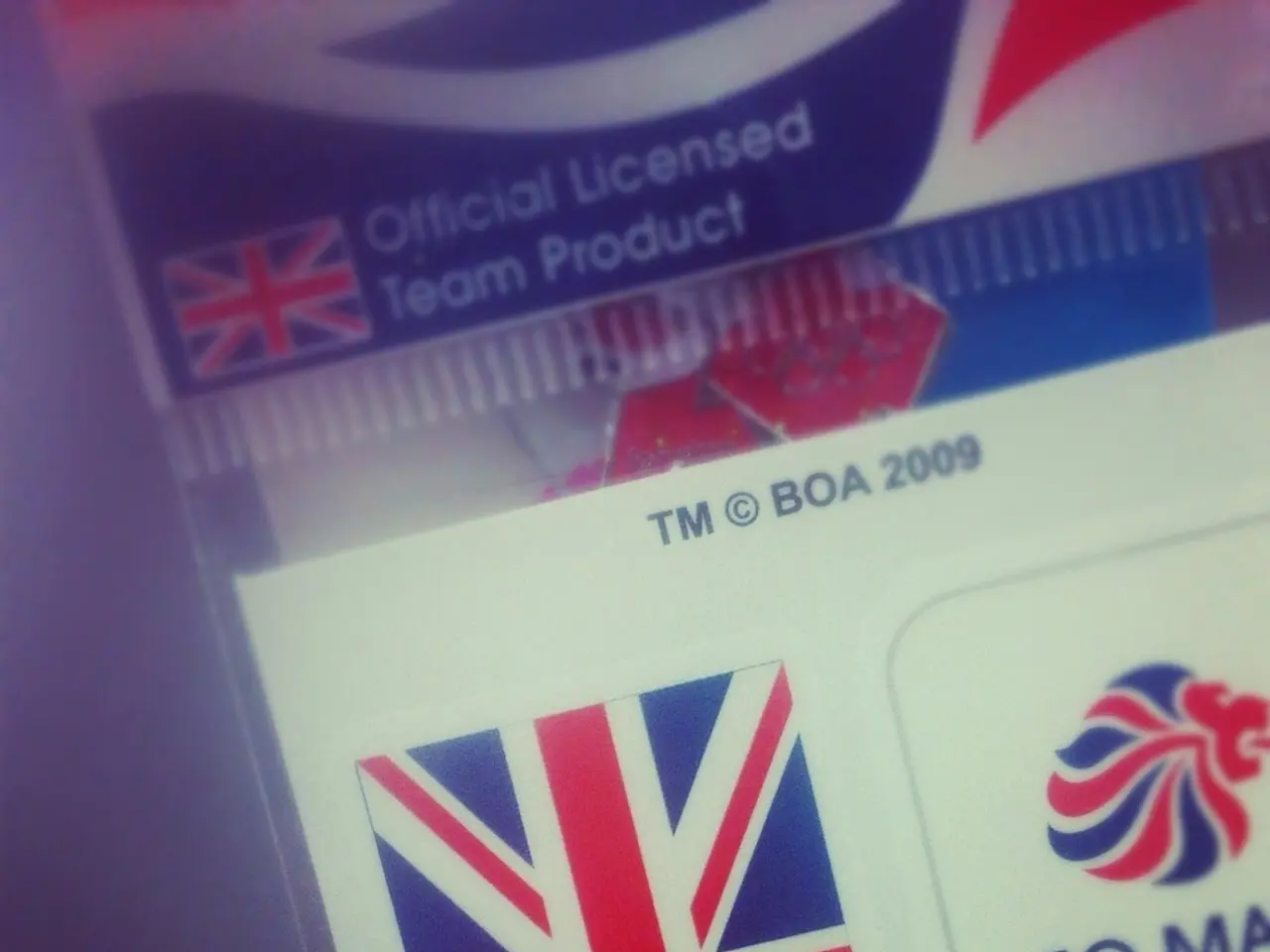Essential Insights for Business Travelers Visiting the United States
The United States is tightening its entry controls, posing challenges for business travelers and companies. According to recent reports, around 35% of companies are preparing their employees more specifically for the situation at the US border.
Freelancers and digital nomads may face scrutiny from border officers, as their cases are closely examined. For those who have been in Cuba since January 2021, a visa is mandatory for entry, as travel using the ESTA system is no longer an option.
It's essential to note that approval through the ESTA system does not guarantee entry. The final decision rests with the officer at the entry desk. The stricter controls and more restrictive stance towards certain travelers are a result of the current entry regulations.
The US authorities have expanded the use of scan technologies and hash-matching processes on electronic devices to detect and prevent child sexual exploitation content. This includes analyzing digital signatures of images and videos, sharing data with agencies like the National Center for Missing and Exploited Children (NCMEC) and law enforcement.
The USA has strict distinctions between business stays and employment. Answering 'I'm coming to work' could lead to misunderstandings that might result in further questioning or denial of entry. Instead, communication at the border should be precise, using terms like 'business'.
The Foreign Office has adjusted its travel advice for business travelers due to these developments. Companies are advised to train employees on handling sensitive data before travel. Where possible, devices should be configured specifically for the trip.
Access to electronic devices is explicitly provided, including inspection of emails, social media profiles, or chat histories, if there is a reasonable suspicion that information in the application is not true. Entry may be refused if there are doubts about the credibility of the information provided, such as stays in countries with special visa requirements, even without corresponding stamps in the passport.
A B1 visa is required if the stay lasts longer than 90 days or if the activity on site goes beyond what is considered business-like. Nine percent of companies are now no longer using the Esta procedure and are applying for a B-visa instead.
The legal basis for visa-free entry via the Esta system has not changed formally, but there is a new political statement that existing rules should be applied more consistently. US border officials are to look more closely in case of uncertainties, check applications more critically, and, if necessary, order additional interviews.
An actual change concerns the information on gender in the Esta or visa application, with only 'male' and 'female' allowed, and the gender entry at birth being decisive, regardless of later changes or the use of an 'X' in the passport.
Access to sensitive company data should preferably be via the cloud, not locally stored files. This helps minimize potential issues during border inspections. For German business travelers, the Esta procedure remains the simplest way into the USA, with an application required online at least 72 hours before departure.
In conclusion, the stricter US border controls present challenges for business travelers and companies. It is crucial for companies to prepare their employees adequately, handle sensitive data carefully, and communicate clearly and accurately at the border.
Read also:
- Struggle for Wetlands, Wildlife Preservation, and Youth-Driven Conservation Movement Led by Matthew Vincent Tabilog in the Philippines
- Weekly proceedings in the German Federal Parliament (Bundestag)
- Innovative Business Concepts for Undeveloped Nations: Inventions Altering Existences
- Assessment of Balcony-Ready Energy Storage Solutions: Growatt, Anker, and Jackery, According to a Review







